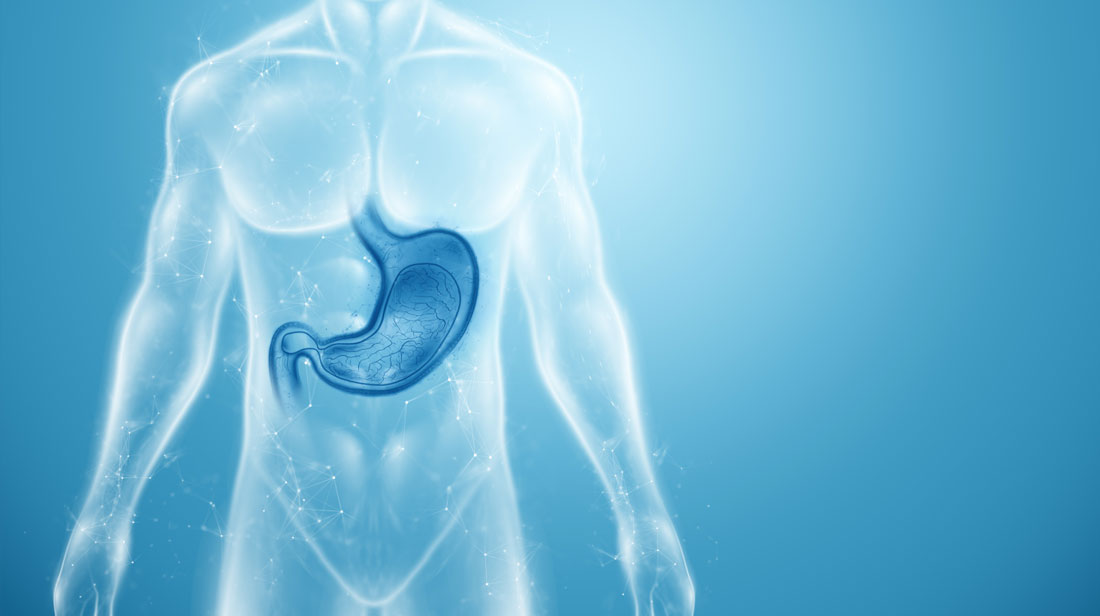Diabetes, Crohn's disease, ulcerative colitis, and even cancer. These are just some of the many diseases whose common denominator is a reduced production of so-called butyrate by intestinal bacteria. The Czechs are among the European pioneers of the process in which butyrate is specifically supplemented into the intestine.
Butyrate is a salt of butyric acid produced by beneficial intestinal bacteria. It restores the integrity of the intestinal mucosa and thus reduces the penetration of intestinal contents into the mucosa and subsequently into the blood. It also has a fundamental effect on suppressing chronic inflammation in the intestine. "Butyrate is produced mainly by so-called anaerobic bacteria that ferment fiber in the intestine. It is, without exaggeration, an essential vitamin or nutrient that affects a number of physiological processes in the human body. Various scientific studies have shown that butyrate can have anti-inflammatory and even anti-tumor effects, for example by triggering apoptosis, i.e. targeted death of colorectal cancer cells," explains Petr Ryšávka from the company MICROCENTRANS and JULAMEDIC, which is engaged in butyrate research. "It also turns out that butyrate increases tissue sensitivity to insulin, thus representing a new direction in supportive nutritional supplementation in patients with diabetes."
The butyrate paradox: it promotes healthy cell growth, but destroys cancer cells
Medicine has known the term butyrate paradox for several years. It is the ability to separate healthy and tumor cells in the body, especially in the intestinal mucosa, while supporting the healthy ones in their multiplication. On the contrary, it destroys tumor cells by inducing a process of so-called cell suicide (apoptosis). "The prerequisite for the proper effect of butyrate is its sufficient intake. The basic condition is its special modification, which ensures that butyrate will not be damaged by the aggressive pH of the stomach when passing through the digestive system," says Petr Ryšávka, adding that butyrate is currently entering the body of patients in the form of specially modified capsules. His team is currently working on developing a targeted release of butyrate, which would increase its effectiveness even more significantly.
Inflammation and intestinal diseases, obesity and hereditary diseases
Butyrate acts as a regulatory molecule of our immunity in an anti-inflammatory manner, which predetermines its use in the treatment of intestinal inflammation. By producing it, bacteria control our immune system and suppress its chronic reactions. It brings great hope for the future for patients with Crohn's disease or ulcerative colitis. "Tests conducted at foreign institutions have shown that patients with ulcerative colitis had a significantly reduced content of bacteria that produce butyrate," explains Petr Ryšávka. According to the survey, people suffering from diabetes also show a similarly low content of butyrate, which is why butyrate can be used very successfully in its treatment. Promising results are also brought by the first publications that deal with the therapeutic potential of butyrate in some hereditary diseases, such as cystic fibrosis.



